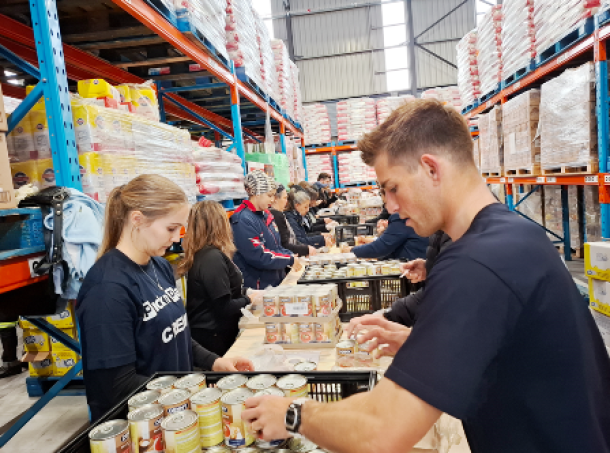Food security: fundamental to caring for the elderly and building a collective heritage
For just over 9% of the population, especially, the COVID-19 pandemic is having far-reaching effects on their physical and mental wellbeing. South Africans aged 60 years and older are not only more likely to be infected with COVID-19 but possibly also suffer the most from limited social contact.
Statistics South Africa (Stats SA) estimates South Africa’s mid-year population at 59,62 million of which approximately 9,1% or 5,43 million people are aged 60 and over. For those who are able to, participating in regular day-to-day activities like shopping or attending family celebrations have to be considered carefully. Those who do not have the support of family or an old age care facility often have to brave public spaces by themselves.
On 1 July 2020, Minister of Health Dr Zwelini Mkhize reported on the COVID-19 Online Resource and News Portal (sacoronavirus.co.za) that more than 55% of deaths were ascribed to people 60 years and older. The impact of the pandemic has been especially hard on these already-vulnerable members of our society. President Cyril Ramaphosa, on 6 July, confirmed that “Sadly, there have been a number of coronavirus outbreaks at old age homes and care centres, resulting in a number of deaths.”
“Offering support to our vulnerable elderly and the organisations that take care of them is now more important than ever,” says FoodForward SA Managing Director Andy du Plessis. FoodForward SA secures quality edible surplus food from retail and supply chain partners as well as farmers and redirects it to vulnerable and food-insecure communities across South Africa. Instead of it ending up in landfills, nutritious food is redirected from their warehouses to a network of just over 1000 beneficiary organisations which serves 412,000 beneficiaries daily.
FoodForward SA serves 62 beneficiary organisations (BOs) that support 13 842 elderly people. This makes up 6% of their 1005 BOs. The majority of these are located in Gauteng and the Western Cape. “We still have some work to do to have a more representative footprint especially one that includes more rural communities,” says Du Plessis. According to Stats SA, the province in South Africa with the highest proportion of elderly people is the Eastern Cape (11,45%) followed by the Western Cape (10,31%) and the Northern Cape (10,21%).
Shifting the emphasis from institutional care to community-based care to ensure that an older person remains in his/her home within the community for as long as possible is one of the objectives of The Older Persons Act. To support this, FFSA’s Mobile Rural Deport programme assists beneficiary organisations that serve the elderly who live in rural communities. “Of our BOs that focus on the elderly, seven are served via our Mobile Rural Depot programme which involves the transportation of surplus food from their warehouses to a central collection point in rural communities,” says Du Plessis.
“Beneficiary organisations that focus on the elderly not only offer health- and frail care but also psychological support. They are often the only point of call for thousands who are already feeling socially isolated,” says Du Plessis. “During Older Persons Week which is celebrated from 30 September to 6 October in South Africa, we hope to help raise awareness of the important work these organisations do.” During Older Persons Week, International Day for Older Persons (1 October) and Grandparents Day (4 October) are also celebrated.
“As Heritage Month draws to an end, we must not forget to reflect on the important role our elders play in building our collective heritage,” says Du Plessis. “They have laid the foundation for our children’s children and we should not forget to show them our respect and gratitude.”
During their 2019/2020 financial year, FoodForward SA helped distribute 1,43 million meals (358 tons of food) to BOs that serve the elderly. “The Old Mutual Staff Volunteer Fund Trust has played an important part in helping us address hunger among our elderly and abused women and children,” says Du Plessis. Since 2016 the Trust’s donations of R982 050,00 to the elderly portfolio have been used to help BOs serve 2316 beneficiaries.
In 2019, FoodForward SA received a grant of R526,562 from the Old Mutual Staff Volunteer Fund Trust (OMSVFT) to support 10 identified beneficiary organisations (BOs) that serve the elderly. Their donation covers the annual membership fee the BOs pay to be part of FFSA’s network from January to December 2020 as well as the operating costs associated with supporting them during this period.
The 10 BOs are located in the Eastern Cape (Port Elizabeth), Kwa-Zulu Natal (Dundee, Imbali, Mandini, Lamontville and Chatsworth), North West (Tlhabane, Mokgalwaneng and Tlaseng) and the Free State (Bloemfontein). The 10 BOs collectively serve 1,378 beneficiaries.
The Old Mutual Staff Volunteer Fund Trust was established in 2002. The funds from the OMSVFT are made up of monthly personal contributions from Old Mutual employees, matched by the Old Mutual Foundation.
One of the BOs that benefit from OMSVFT’s donations is the Issy Geshen Lamont Home for the Elderly in Durban which provides 24-hour nursing care for 69 residents and offers specialized care for elders living with dementia. In addition to the emotional and spiritual support, residents also get to enjoy a variety of activities organised by the occupational therapy department to keep them active. “Issy Geshen has benefitted greatly by being part of FoodForward SA’s programme for three years now,” says social worker Nelly Ngcobo. “Through this program, our elders enjoy freshly baked cakes, buns and bread.”
FoodShare, FoodForward SA’s digital platform, connects the home to their local Pick n Pay and notifies them when surplus food is available for collection. “Through these ad hoc and scheduled collections, we receive vegetables, fruits and non-perishable goods,” says Ngcobo.
“Considering that many elderly people depend on their children to support them, we will find that even more elderly people will need assistance from community-based organisations,” says Du Plessis. The outcome of a recent Stats SA rapid response survey of 707 companies in the formal sector conducted during the lockdown showed that 36.8% of the businesses expect a decline in their labour force. The majority (65%) of the respondents indicated that the impact on their business would be worse than the 2008/09 global financial crisis.
The United Nations Development Programme (UNDP) released a report at the end of August, this year, on the socio-economic impact of COVID-19 on South Africa. The report indicates that it may take up to 5 years for our economy to return to pre-COVID-19 levels unless innovative actions are implemented. Furthermore, the UNDP predicts that at least 34% of households are likely to exit the middle class into vulnerability. This translates into a further 3,2 million people that could become unemployed by the end of 2020.
News Category
- International retailers
- On the move
- Awards and achievements
- Legislation
- Wine and liquor
- Africa
- Going green
- Supplier news
- Research tools
- Retailer trading results
- Supply chain
- Innovation and technology
- Economic factors
- Crime and security
- Store Openings
- Marketing and Promotions
- Social Responsibility
- Brand Press Office
Related Articles
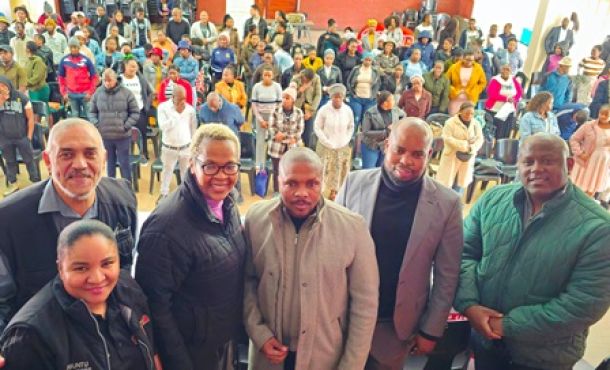
Successful farmer’s training project launches i...
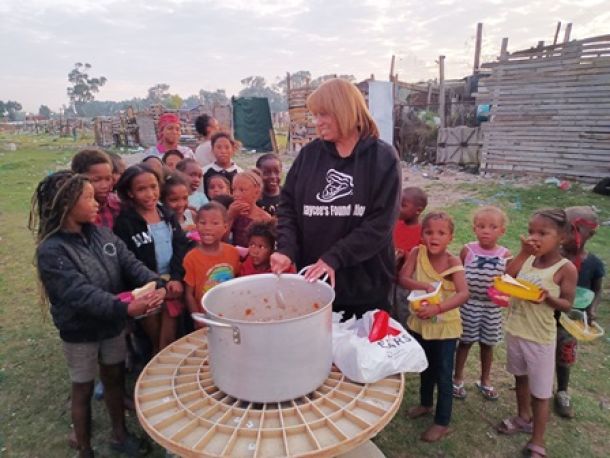
Engen’s Charmaine Le Breton secures support for...
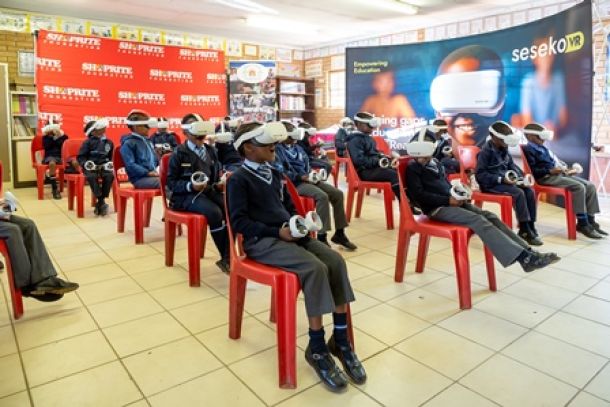
Virtual reality and access to clean water for S...
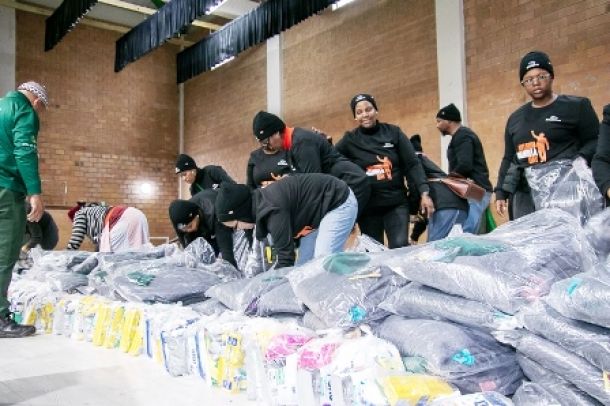
Gift of the Givers and Engen join hands for Mad...
